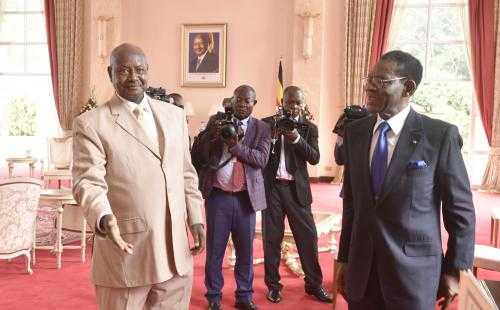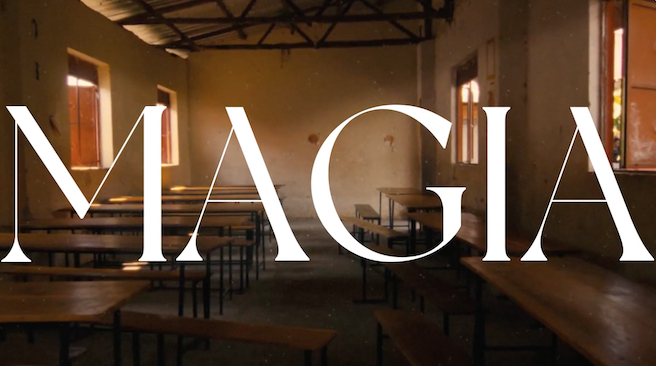West African economic bloc suspends Guinea’s membership after coup

First Amendment:
The Economic Community of West African States (ECOWAS) suspended Guinea’s participation in the bloc, as punishment for the military coup against President Alpha Condé. Meanwhile, the coup plotters released about 80 political prisoners, among whom were many opponents of the ousted president.
The Economic Community of West African States (ECOWAS), the main economic and political bloc in the region, suspended Guinea’s accession to all institutions of the organization on Wednesday, 8 September.
The measure is a punishment for the military coup that took place on Sunday, September 5, against President Alpha Condé, 83, who has been in office since 2010.
During a virtual summit, leaders of the 15-nation Economic Community of West African States – including Guinea – demanded a return to constitutional order and the immediate release of Conde.
In addition, they decided to send a high-level delegation to the country in the coming days. “At the end of this mission, ECOWAS should be able to reconsider its position,” Burkina Faso’s Foreign Minister Alpha Barry told reporters present.
However, ECOWAS has not announced any immediate economic sanctions against Guinea, such as those imposed on Mali after its coup in August 2020. This may be because the community knows that its weight in Guinea is limited and imposing sanctions will do nothing. First, because the country is not a member of the West African Currency Zone, and secondly, because it is landlocked like Mali.
The reaction of the economic bloc was expected and closely watched by advocates of democracy, who believed that society did not oppose it firmly enough to prevent democratic decline in West Africa.
Last year, the Economic Community of West African States remained silent when Conde and Ivory Coast President Alassane Ouattara changed their country’s constitutions to run for a third term. These measures were decried by many opponents as illegal, and to some international observers, they contributed to the loss of faith in democracy by West Africans.
In Mali, a second coup occurred in May this year. On Tuesday, the Economic Community of West African States announced its concern that the transitional authorities had not made sufficient progress towards organizing the elections, which were originally scheduled for next February.
Release of political opponents of the coup plotters in Guinea
Guinea’s coup leader, Mamady Domboya, a former member of the French Legion, has pledged to form an interim government, promising “a global consultation to describe the main lines of the transition,” although no specific deadlines have been set.
However, in what appeared to be a gesture of rapprochement with the opposition parties of former President Alpha Condé, the coup administration released 79 political prisoners held by the ousted president. These people were imprisoned on various charges, including assaulting security, destroying public property, and manufacturing weapons. Most of them were activists who opposed the constitutional change, which allowed a third term for the 83-year-old leader.

Among those released was Kimo Bogola Haba, the spokesman for the coalition of political parties who resisted Conde’s bid to prolong his stay in power. Upon his release from prison, he was convinced that after the coup, no third presidential term would be possible for anyone.
“We have (the case) imprisoned us for a third term and are leaving with our heads held high because it has become impossible. No other Guinean will be able to do it again.
Many of those released are members of the Union of Democratic Forces in Guinea, a former opposition party led by Selo Daline Diallo, which has lost to Conde in the last three presidential elections.
Even without yet consulting him about a move, Diallo was willing to get involved. “We will send representatives, why not, to participate in the process that brings the country back to constitutional order,” the former prime minister said on Tuesday.
Sunday’s coup in Guinea is the third since April in West and Central Africa. A step back in a region that has managed to establish multiparty democracy since the 1990s.
With Reuters, AP and EFE

“Award-winning zombie scholar. Music practitioner. Food expert. Troublemaker.”









